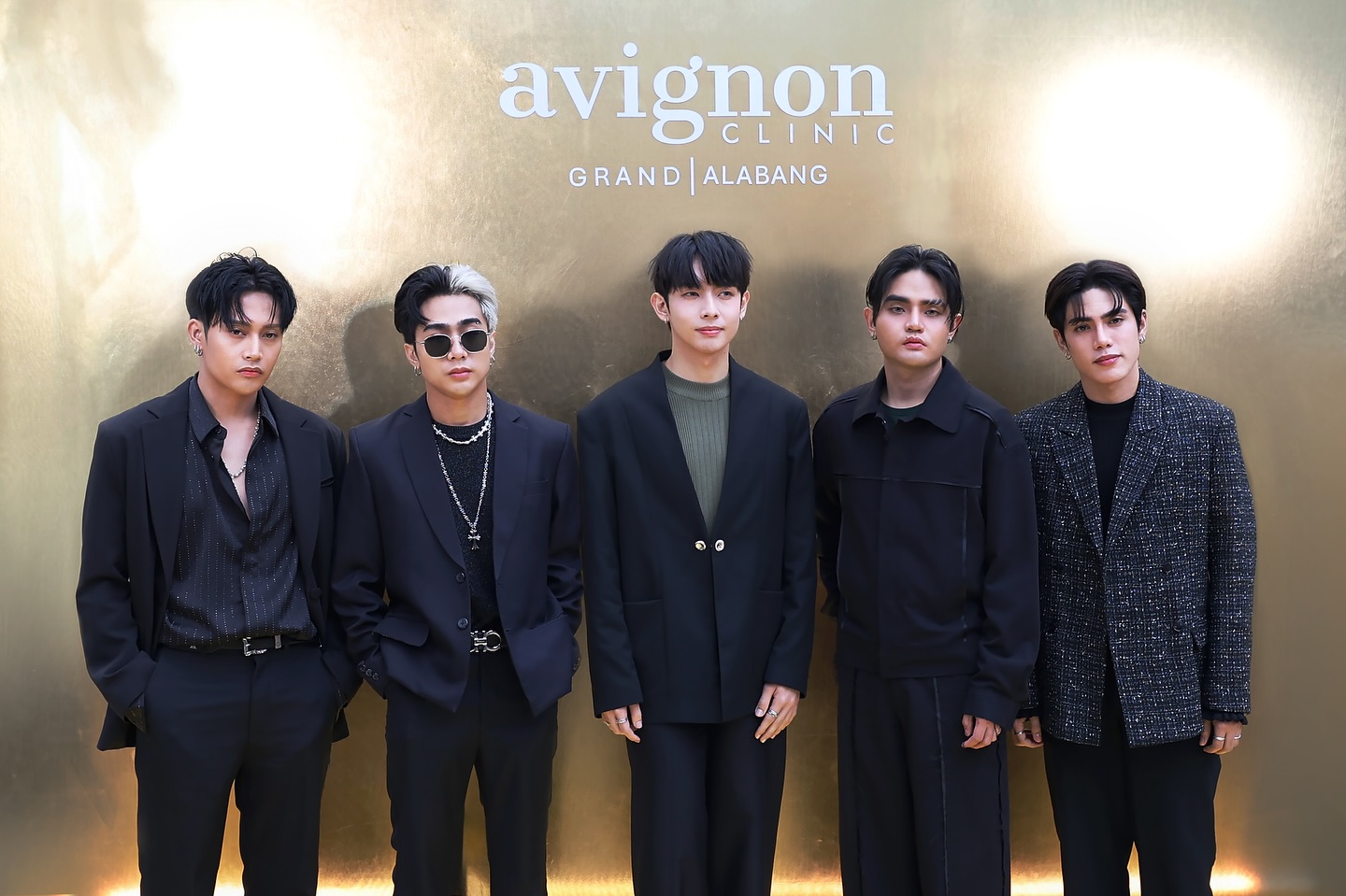Original Pilipino Music, commonly referred to as OPM, is a genre and movement that has become synonymous with the rich and diverse culture of the Philippines. Spanning decades and encompassing various styles and influences, OPM reflects the Filipino spirit—its joys, struggles, and aspirations—through melody and lyrics.
The Roots of OPM
OPM traces its origins to the 1970s, when Filipino artists began to create music that expressed their identity and culture. Before this era, the local music scene was heavily influenced by Western trends. Artists like Freddie Aguilar, Rey Valera, and the iconic group Apo Hiking Society pioneered a shift, combining folk, rock, and traditional Filipino sounds to craft songs that resonated with the local audience.


One of the defining characteristics of early OPM was its use of Tagalog, the national language, which made the music more accessible and relatable to Filipinos. Freddie Aguilar’s “Anak” is a prime example of this era—a heartfelt ballad that touched millions with its universal theme of familial love and regret.


Evolution Through the Decades
The 1980s and 1990s saw OPM branching into different genres, from ballads to rock, pop, and even rap. Bands like Eraserheads, Rivermaya, and Parokya ni Edgar emerged, bringing alternative rock into the mainstream and earning a dedicated following. These bands’ songs often tackled social issues, relationships, and the complexities of modern life, further solidifying OPM’s role as a mirror to Filipino society.


In the 2000s, the digital age brought a new wave of OPM artists to the forefront. With platforms like YouTube and SoundCloud, indie musicians found a space to share their creations, leading to the rise of acts like Moira Dela Torre, Ben&Ben, and IV of Spades. Their music blends contemporary sounds with traditional Filipino sensibilities, appealing to both local and international audiences.

Themes That Resonate
What makes OPM enduring and beloved is its heartfelt storytelling. From love and heartbreak to resilience and hope, OPM songs capture the emotions and experiences of everyday Filipinos. Songs like “Tadhana” by Up Dharma Down and “Tagpuan” by Moira Dela Torre showcase the lyrical depth and emotional resonance that define the genre.
Additionally, many OPM songs reflect Filipino values, such as family, community, and faith. These themes resonate deeply with listeners, making the music not just entertainment but also a source of connection and identity.
The Global Reach of OPM
In recent years, OPM has gained international recognition, thanks to the efforts of artists who perform overseas and the increasing visibility of Filipino talent in global platforms. Groups like SB19 and solo artists like KZ Tandingan have introduced Filipino music to a broader audience, blending OPM with global sounds while staying true to their roots.

Challenges and the Future
Despite its successes, OPM faces challenges, including piracy, the dominance of foreign music on local airwaves, and the need for more robust industry support. However, the rise of streaming platforms and the growing appreciation for diverse musical styles offer hope for OPM’s continued growth.

Looking ahead, OPM’s future lies in its ability to adapt while preserving its essence. With a new generation of artists and listeners, the genre is poised to continue its legacy of storytelling, innovation, and cultural pride.
The Rise of Nation’s Girl Group: BINI
Another shining example of the new generation of OPM artists is BINI, hailed as the Nation’s Girl Group. With their vibrant energy, polished performances, and empowering music, BINI has captured the hearts of fans both in the Philippines and abroad. Their songs, which often carry themes of self-confidence, unity, and cultural pride, resonate deeply with a young and dynamic audience. Tracks like Pantropiko, Salamin Salamin, Karera and Cherry On Top highlight their versatility and commitment to pushing the boundaries of OPM, further solidifying their place in the global music scene.

Emerging Artists: Spotlight on Maki
Among the new wave of OPM talents is Maki, a rising artist who has quickly gained attention for their soulful voice and heartfelt lyrics. Maki’s music reflects a blend of modern influences and classic OPM themes, capturing the hearts of listeners with songs that explore love, identity, and personal growth. With hits like Dilaw, Saan, Kailan, Bakit at Namumula. Maki is proving to be a force in the OPM scene, showcasing the next generation’s creativity and passion.

OPM is more than just music—it is a reflection of the Filipino soul. From its humble beginnings to its current evolution, OPM continues to inspire and unite people through its powerful narratives and melodies. As it grows and reaches new audiences, one thing remains clear: OPM is here to stay, and it will always be a source of pride and joy for Filipinos everywhere.
Support local music the way you show support to international music!







